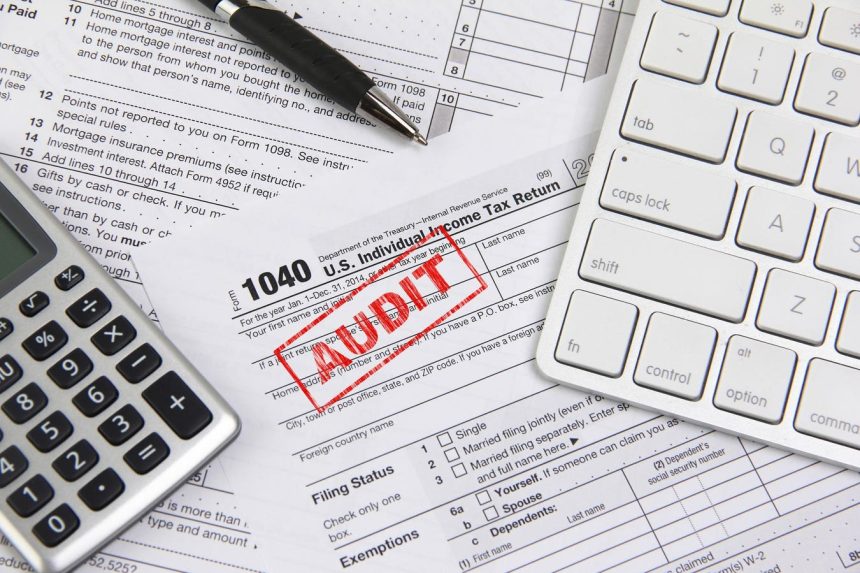Tax advisers use the term ‘disclosure’ frequently, and it can sometimes have a negative connotation. Many people do not want to disclose unless they must. They may not know what disclosure means, but it sounds like extra work. Disclosure sounds like it exposes you to extra audit risk, and no one wants a tax audit, since extra audit attention is the last thing anyone wants. Ironically, though, disclosure can actually reduce risk in some cases. So what is disclosure anyway?
Disclosure is more than the usual listing of income or expense. It is simply a type of extra explanation. How much extra varies considerably, not only in legal requirements but also in practice. Sometimes the IRS says it is required. You might be claiming legal expenses for a fight with your siblings over an heirloom. Or you might be claiming that you had an ordinary loss rather than a capital one when some stock became worthless. There are almost infinite circumstances in which disclosure could be required.
The IRS wants disclosure if you do not have at least ‘‘substantial authority’’ for your tax position. For example, imagine you are writing off the cost of getting your law degree. Almost all case law is against that deduction because a law degree qualifies you for a new profession. So, if you claim it and you want to avoid penalties if the IRS disallows it, you must disclose it. You do so because your position is weak, and you are pointing out to the IRS that you are claiming it nevertheless. Yes, that sounds like you are asking for the IRS to audit you or to disallow the deduction.
Technically, you do not have to disclose. But disclosing is a way to get out of penalties, and it can also prevent the IRS from extending the usual three-year limitations period for assessment of income tax. For example, if you omit more than 25 percent of the gross income from your tax return, the normal IRS three-year statute of limitations is extended to six years.
However, in determining whether you omitted income from your return, the IRS counts what you disclosed too, even if you say it isn’t taxable. So, you help yourself by disclosing. There is also a penalty for a substantial understatement of income tax. It is notable that the threshold is not high. An individual who understates his tax by more than 10 percent or $5,000, whichever is greater, can end up with this penalty.
One way to avoid the penalty is to adequately disclose the item. All you need is disclosure plus a reasonable basis for your tax position. How do you disclose a tax position to be sure you aren’t hit with a substantial understatement penalty? The classic way, which the IRS clearly prefers, is by form. There are two disclosure forms,
Form 8275 and Form 8275-R. We can dispense with Form 8275-R because that form is for positions that contradict the law. If you need to file a Form 8275-R, get some professional advice, possibly from more than one source. Form 8275 (without the R) is another matter. This is a common form, and it is commonly filed. Most tax returns attaching Form 8275 are not audited, so the form does not automatically trigger an audit. But how much detail to provide is another matter.
In the hundreds of these forms I have been asked to review, rarely have I not cut down what the taxpayer or tax return preparer is proposing to say. Some people go on for pages on Form 8275, and even send attachments. Some proposed Forms 8275 are long-winded arguments about the law, sometimes all in capital letters, citing many legal authorities. That is not appropriate material for a disclosure, nor are attachments.
I have even seen proposed Forms 8275 that attach full legal agreements or excerpts. If the IRS wants your legal settlement agreement or purchase contract, the IRS will ask for it. In short, going overboard in a disclosure seems unwise. You are required to disclose enough detail to tell the IRS what you are doing. But keep it short and succinct.
Read the full article here
















